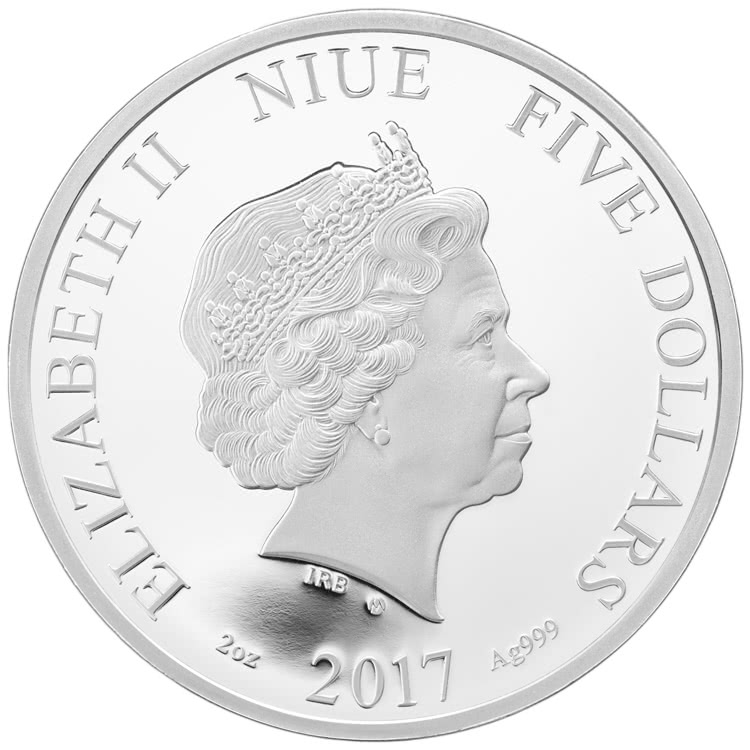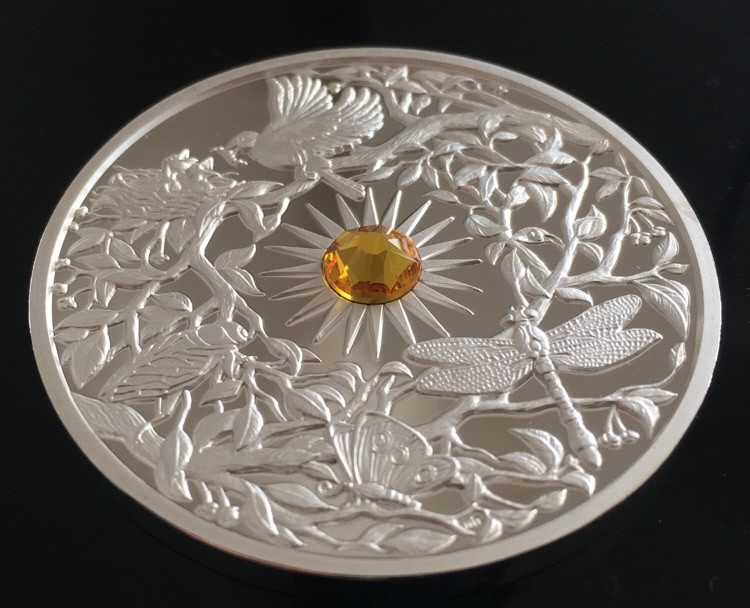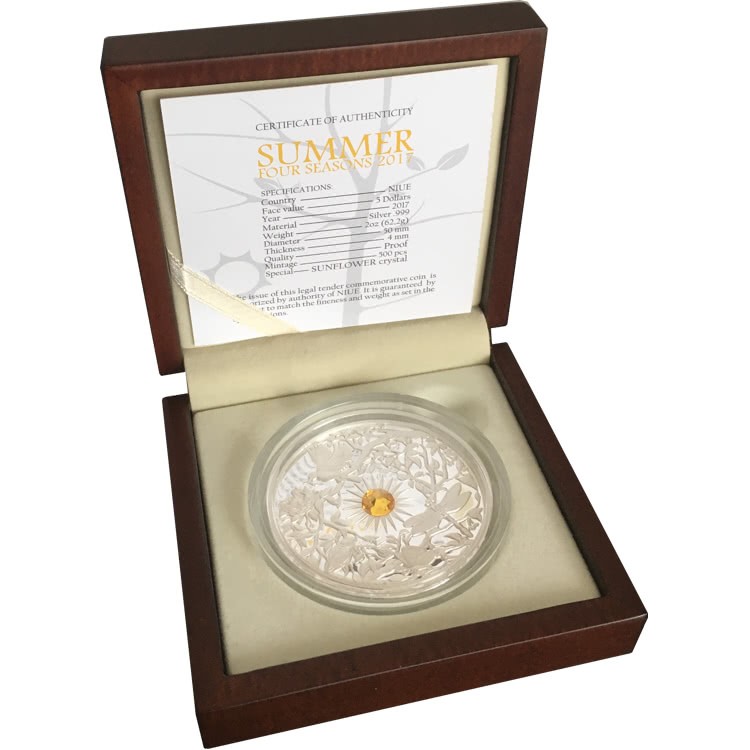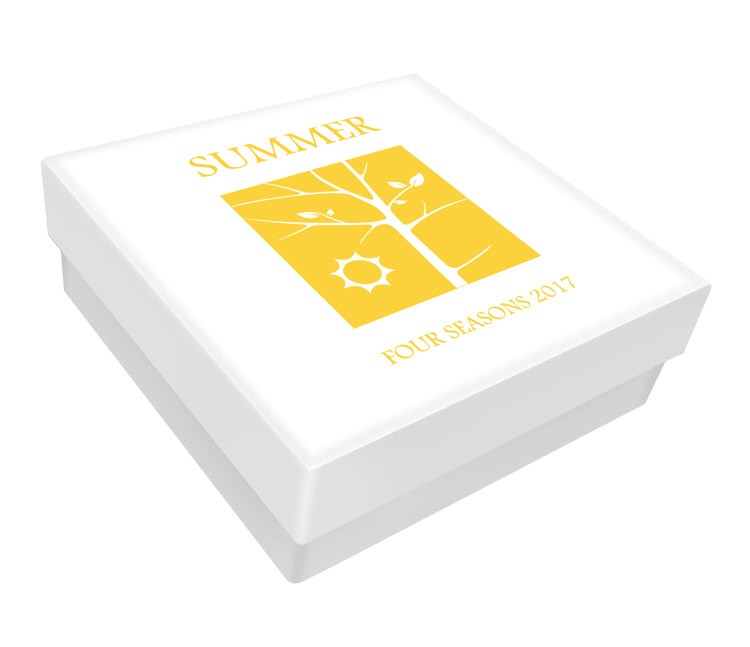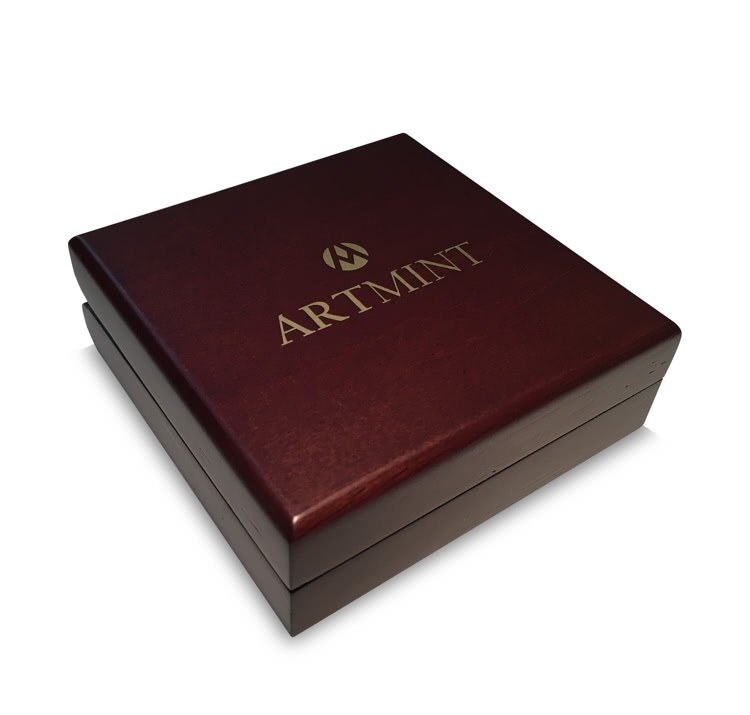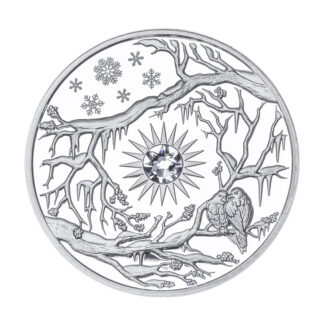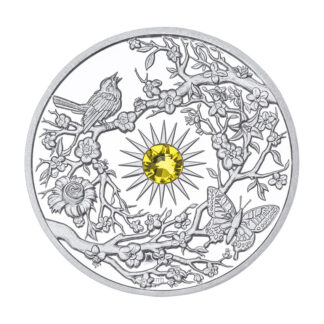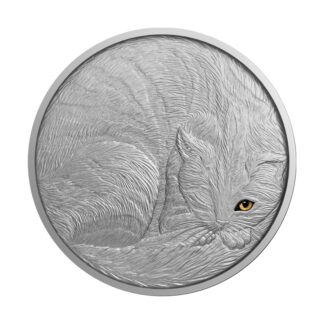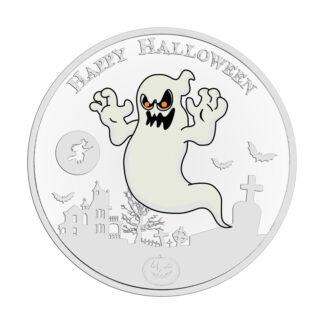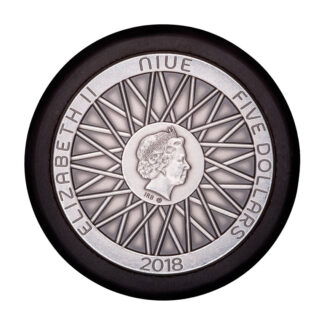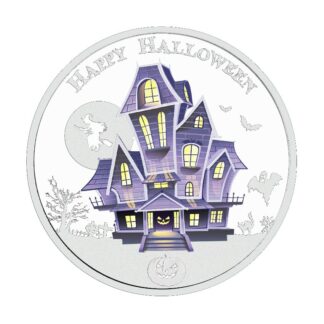Description
SUMMER
Summer is the hottest of the four temperate seasons, falling between spring and autumn. At the summer solstice, the days are longest and the nights are shortest, with day-length decreasing as the season progresses after the solstice. The date of the beginning of summer varies according to climate, tradition and culture.
When it is summer in the Northern Hemisphere, it is winter in the Southern Hemisphere, and vice versa.
For most people this time of the year is associated with fun as schools break on holidays and most offices are not fully active.
Summer brings back lots of outdoor social activities impossible in the freezing cold winter. Most people visit picnics, beaches and parks to relax and unwind themselves under clear skies. For the party rockers, summer time is ‘open season’ so many parties are held to take advantage of the fine weather ,with clear skies the summer hosts a very bright moon, ideal for this purpose. This season brings bright and longer days, which exposes the beauty of nature, grasses are green, flowers bloom and myriad birds and animals return to the melted and blossoming fields.
For some, summer is much disliked, backed by complaints of discomfort caused by the high heat levels and slowdown of business activity during this time.
Summer is associated with life, birth and rebirth, it is deduced that plant and animal life go into a state of rest/hibernation during the cold months of winter; it is as though the teeming colours and sounds of nature have disappeared. The summer gives life/birth/rebirth to life around us, plants blossom, animals happily resume activity and nature feels ‘alive’ again. This has been and is still the most celebrated aspect of this season.


